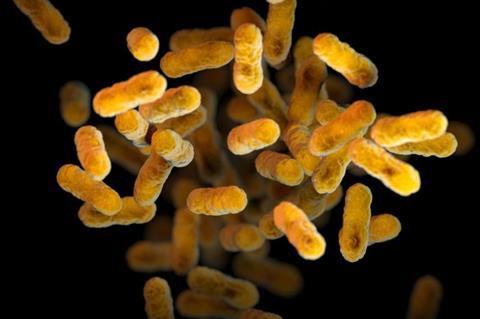Between January and May 2024, Italy faced a significant pertussis outbreak, predominantly affecting neonates and young infants, with 108 hospitalisations and three deaths reported across 11 major paediatric centres.

The resurgence of pertussis, or whooping cough, may be attributed to limited maternal immunisation during pregnancy and increased circulation of Bordetella pertussis post-COVID-19 pandemic.
Data for this analysis, reported in Eurosurveillance, was collected through an EU-funded National Recovery and Resilience Plan (NRRP) project. Clinicians from seven Italian reference centres, along with four additional paediatric and neonatal wards across Italy, provided on pertussis cases, including vaccination status, treatment, and outcomes.
Majority unvaccinated
Key findings highlighted that the majority of the affected were unvaccinated, with most cases occurring in the southern cities of Naples and Palermo. Among the 75 hospitalised children, 68.5% were under four months old, and 11.1% required intensive care. The outbreak led to a stark increase in hospitalisations compared to previous years, with an 800% rise within the first 4 months of 2024 compared to 2022 and 2023.
A detailed analysis from centres in Naples, Rome, and Palermo indicated that 47 the cases had viral coinfections, which often exacerbated the disease severity. The study also revealed critical gaps in maternal vaccination, with only 3 of 53 of mothers vaccinated during pregnancy and only 10 of 48 informed about the option.
Public health interventions
The ongoing outbreak underscores the critical need for public health interventions such as maternal immunisation and early vaccination of infants. The findings indicate that prenatal vaccination could significantly mitigate disease severity and reduce hospitalisation duration.
The resurgence of pertussis in Italy aligns with similar trends observed in Europe after the COVID-19 pandemic, during which COVID-19-related disruptions to regular vaccination schedules and public health measures may have compromised population immunity.
Authors propose several strategies to effectively counteract the resurgence of pertussis. These include implementing maternal vaccination during pregnancy, vaccinating infants as early as possible, providing antibiotic post-exposure prophylaxis (PEP) for contacts and starting vaccination campaigns targeting people who have missed booster doses.
Additionally, active screening for individuals with respiratory symptoms should be promoted thus minimising exposure and containing the spread of the infection. The high number of hospitalised infants and reported mortality underscore the urgent need to address this public health concern.







No comments yet